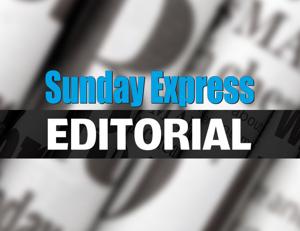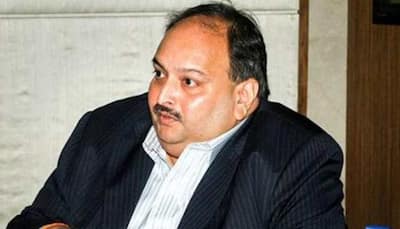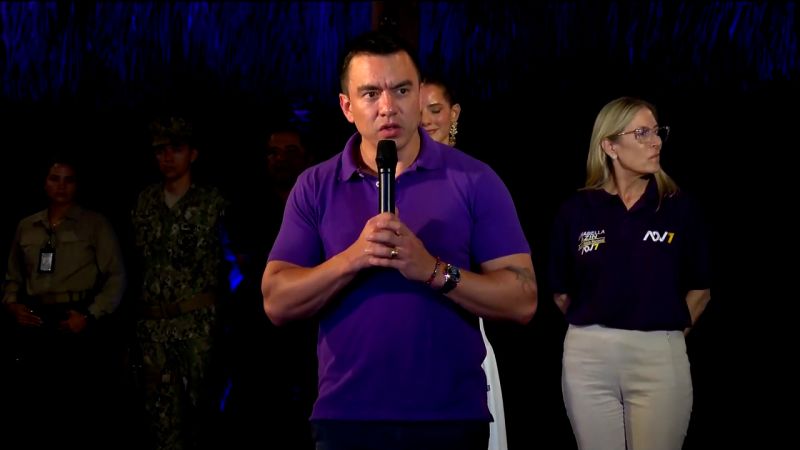In January this year, when Stuart Young was chosen to succeed Dr Keith Rowley as prime minister, the People’s National Movement (PNM) public relations machine swung into action to emphasise Young’s mixed race. This, the messaging went, was an elevation of national politics beyond race. However, faced with the challenges of an election campaign, Young himself has shown that he is cut from standard PNM cloth.
Speaking at a party meeting last Thursday, Young accused the United National Congress (UNC) of racial scare tactics aimed at PNM supporters and “using black Trinidadians to try and sell this because they think we are stupid”. Young’s race bogey is no different from that used by UNC leader Kamla Persad-Bissessar in February, when she painted the ongoing civil case against Oropouche East MP Roodal Moonilal, concerning contracts awarded by the Estate Management and Business Development Company Ltd (EMBD), as “a propaganda piece to attack the UNC as all them thieving Indians”. Young’s argument is even more incoherent than Persad-Bissessar’s.

First, he implied that the presence of African-descent citizens on a UNC platform is some kind of betrayal, as though the PNM is automatically entitled to black votes. Second, the premise behind his argument is that black UNC supporters are either stupid or sellouts, which in itself is a racial perspective. Third, if the UNC had no African-descent individuals in their ranks, the PNM propagandists would immediately point to this as evidence of UNC racism.
Damned if they do, damned if they don’t. That voting in Trinidad is determined primarily by race is not in doubt. The UNC draws most of its support from Indian-descent voters, the PNM from African-descent ones.
However, counter-intuitive though it might seem, this does not mean that the nation is shaped by racial prejudices. In a 1975 paper, the eminent Jamaican sociologist and historian Orlando Patterson, writing about Trinidad and Guyana, said, “Compared to what obtains elsewhere, we do not really have ethnic groups, only cultural differences which in themselves do not ethnicity make.” The UNC’s own PR officer, political analyst Dr Kirk Meighoo, in a 2008 paper, wrote, “What analysts claim as ‘racialist’ politics in Trinidad and Tobago amounts to not much more than competition for office and demands for a share of government patronage.
” Ironically, given Young’s attempt to paint the UNC as racial scaremongers, the data suggest that Indo-Trinidadians are somewhat less likely to vote by race than Afro-Trinidadians. A 2002 poll conducted by the late political scientist Professor Selwyn Ryan found that 9% of Indo voters supported the PNM compared to 6% of Afros. Ryan also noted that among the Indo PNM voters, 50% were Christians; 37%, Muslims; and 13%, Hindus.
This in itself suggests that religion is as great a factor as race, if not greater, in voting behaviour. The country’s demographics mandate that both major parties must get votes across racial boundaries to win office. So, when Young and Persad-Bissessar throw out race cards, it only demonstrates that they aren’t playing with a full political deck.
.
Politics

Young’s race chapter

In January this year, when Stuart Young was chosen to succeed Dr Keith Rowley as prime minister, the People’s National Movement (PNM) public relations machine swung into action to emphasise Young’s mixed race. This, the messaging went, was an elevation...















